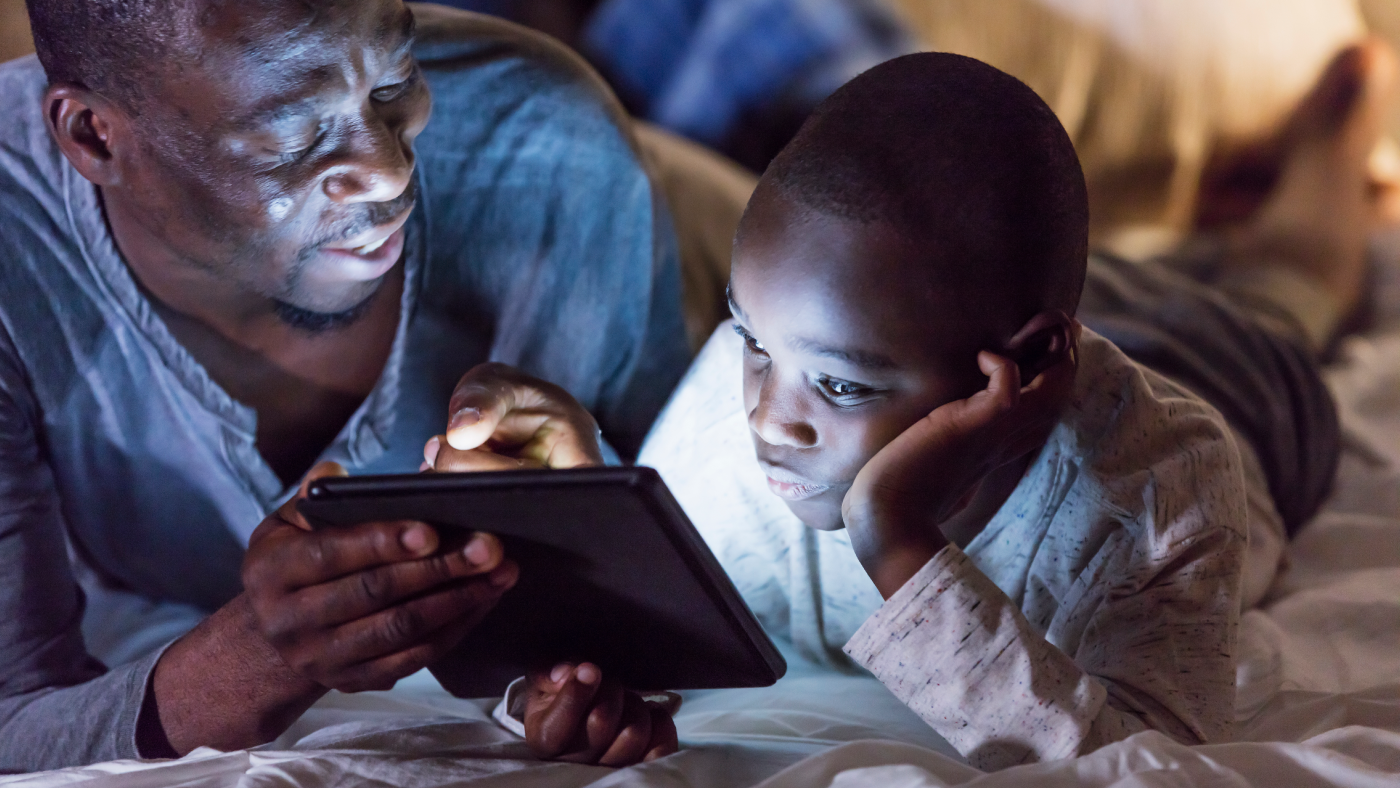
The challenges of using Facebook for research
We wanted to analyze the role Facebook played as a means for people to hear about, discuss and share local news. But getting the data we needed wasn't easy.
We wanted to analyze the role Facebook played as a means for people to hear about, discuss and share local news. But getting the data we needed wasn't easy.
Here's a rundown of what worked and what didn't in using Twitter for our research of three local news ecosystems.
And more think keeping up with local news has gotten easier than harder, according to our analysis of the media landscape in three U.S. cities.
In our survey of thousands of people across 32 emerging and developing nations, we found some notable data points that might have been lost in the fray.
Our new report looks at how people perceive the internet’s impact on their lives, how many people access it and who they are, and what people do online.
As more people around the world gain access to all the tools of the digital age, the internet will play a greater role in everyday life. And so far, people in emerging and developing nations say that the increasing use of the internet has been a good influence in the realms of education, personal relationships and the economy.
Lee Rainie details the social and business implications of a reshaped privacy landscape
Nearly two years after Snowden's revelations, 87% of Americans say they have heard about U.S. surveillance programs. Among them, 25% say they have changed their own technological behaviors in some way.
Pew Research Center's new report examines the local news environment in three U.S. metropolitan areas of different population size and demographic makeup.
Lee Rainie discusses the rise of the internet of things and how all the data it creates will enrich the picture we have about what is happening in communities and media.

Roughly four-in-ten Americans have experienced online harassment. Growing shares face more severe online abuse such as sexual harassment or stalking.
Two-thirds of parents in the U.S. say parenting is harder today than it was 20 years ago, with many citing technologies, like social media or smartphones, as a reason.
From distractions to jealousy, how Americans navigate cellphones and social media in their romantic relationships.
Majorities of U.S. adults believe their personal data is less secure now, that data collection poses more risks than benefits, and that it is not possible to go through daily life without being tracked.










